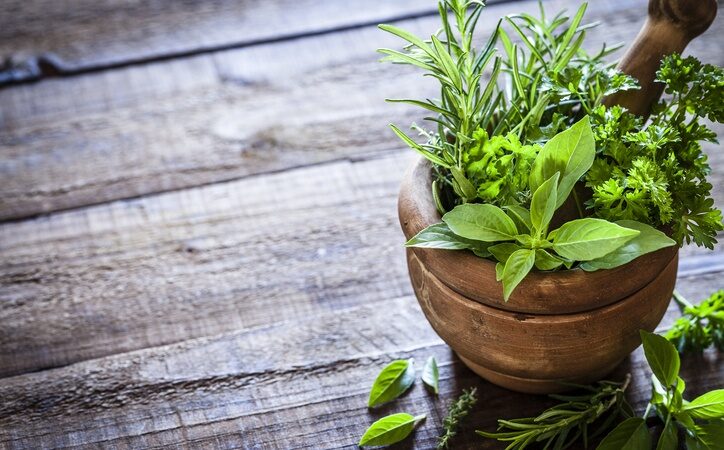Humans have been using herbs and other medicinal plants to cure their ailments ever since ancient times. The use of herbal remedies in Chinese traditional medicine dates back to around 3000. B.C. Shen Nong, also known as “the Divine Farmer”, is said to have tested hundreds of herbs in order to identify their therapeutic properties, and then taught the ancient Chinese the basics of agriculture.
Here are some of the best medicinal plants to help you make your lungs stronger and avoid respiratory illnesses.
Eucalyptus – for better breathing
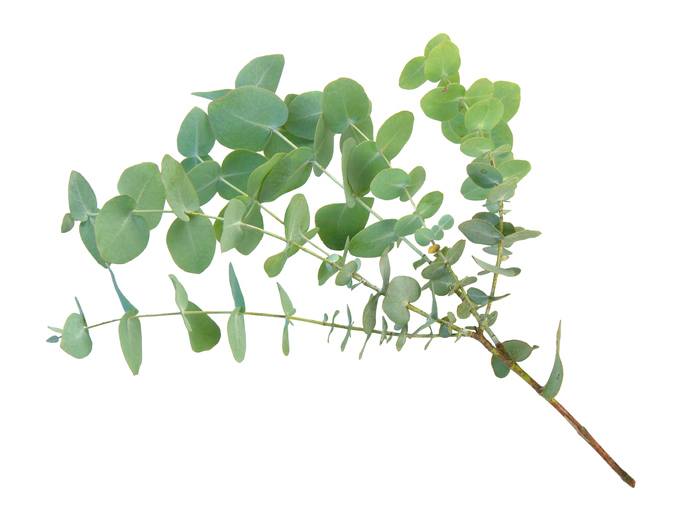
The essential oils found in eucalyptus helps clear mucus and relieve inflammation.
- Boil a eucalyptus leaf and lean over the pot, covering your head, to inhale the steam for 10 to 15 minutes.
- Prepare it as a tea. Put a teaspoon of dried leaves in boiling water, let it stand for 10 minutes, and then strain. You can drink up to three cups a day.
Thyme – for your throat
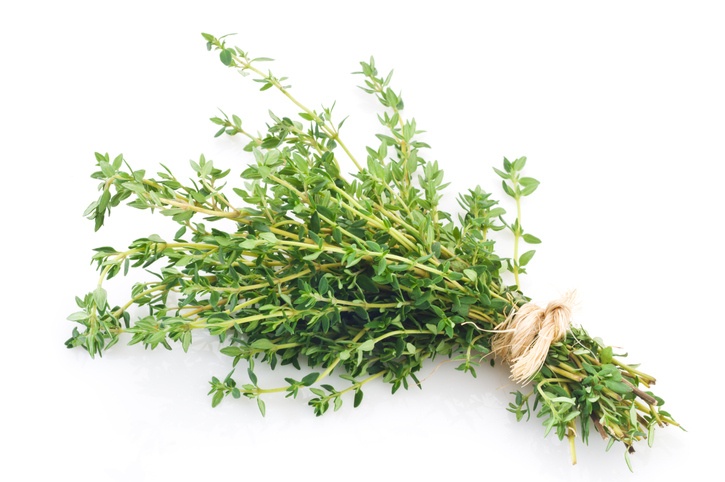
Thyme helps fight respiratory infections and is a natural expectorant that serves as an antiseptic and helps expulse mucus. It’s also good for soothing coughs and fighting nasal congestion.
- Prepare it as a tea. Put a teaspoon of thyme in boiling water, let it stand for 10 minutes and then strain. Add a drop of lemon juice to enhance its disinfectant qualities. You can drink up to three cups a day.
- To soothe sore throats and tonsillitis, gargle with a thyme tea, or swallow a spoonful up to 3 times a day.
Licorice – to soothe coughs
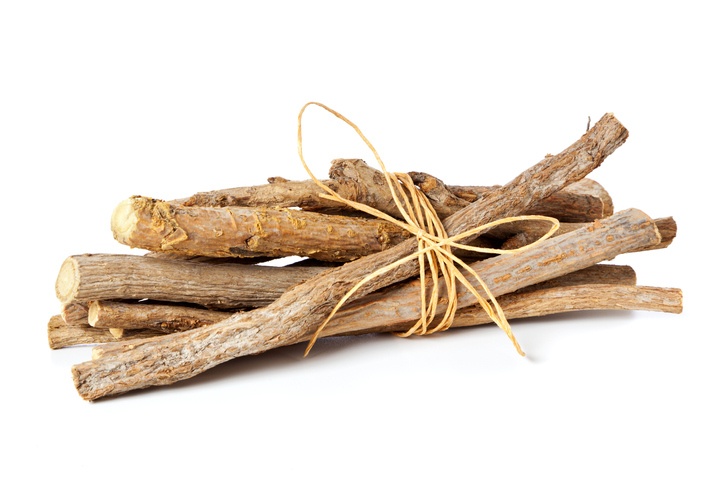
Licorice is a natural antibiotic that helps reduce coughs and nasal discharge.
- Prepare it as a tea. Boil one teaspoon of licorice root per cup of water for 3 minutes. Let stand for 5 minutes and strain. You can drink up to three cups a day (for no more than 4-6 weeks in a row).
Plantain – for bronchitis

Plantain is very useful for treating bronchitis as it soothes, softens and hydrates the respiratory system due to its high mucilage content.
- Prepare it as a tea. Put a teaspoon of plantain in boiling water, let it stand for 10 minutes and then strain. It can be enjoyed by itself, or you can add other plants (such as thyme or mullein). Do not drink more than three cups a day.
- Enjoy it as a syrup. Mix chopped plantain leaves and water. After an hour, filter the mixture and add a little bit of honey. Dissolve in a bain-marie and place the syrup in a jar. Keep it in a cool, refrigerated place and take up to 3 tablespoons a day.
Mullein – to fight cold
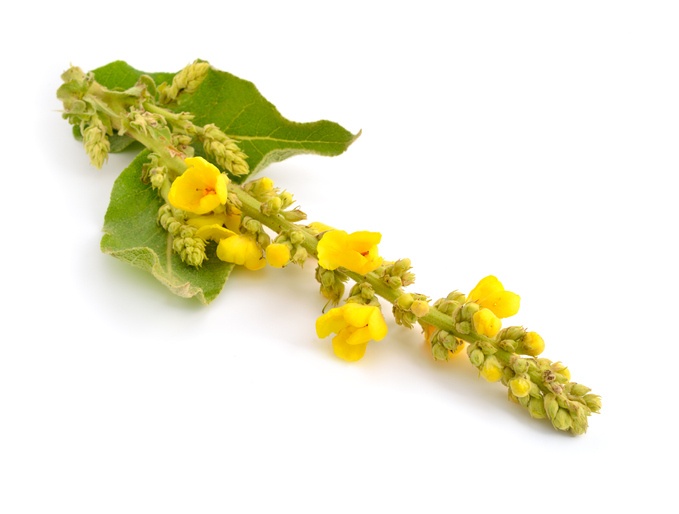
As well as softening the respiratory mucous membrane (since it contains mucilages), mullein also has expectorant, antitussive and anti-inflammatory properties.
- Prepare it as a tea. Boil a teaspoon of mullein. Leave it to stand for a few minutes and strain. You can drink one cup every 12 hours, for a maximum of two cups a day.
- Do not take mullein if you have esophageal or gastrointestinal issues.
Oregano – very versatile
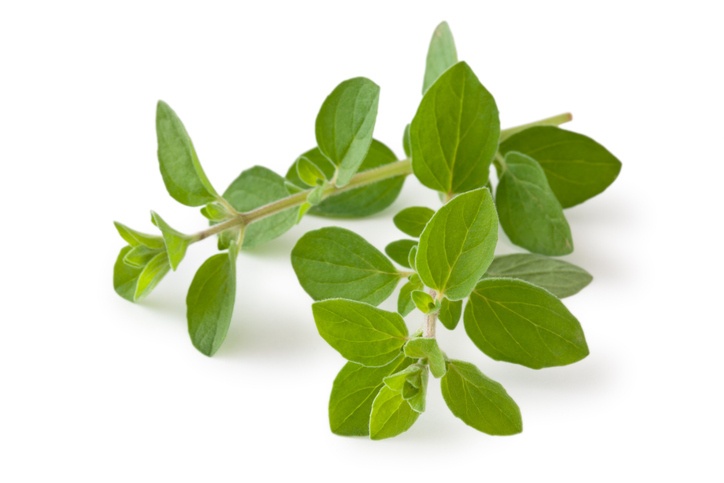
Oregano has many beneficial properties, and works as a natural expectorant, antitussive, antiseptic and sedative.
- Prepare it as a tea. Put a teaspoon of oregano in boiling water, let it stand for 10 minutes and strain. You may add other plants such as fennel or green anise.
- Use it as a condiment. Rub the leaves before adding them to any dish to enhance their flavor.
